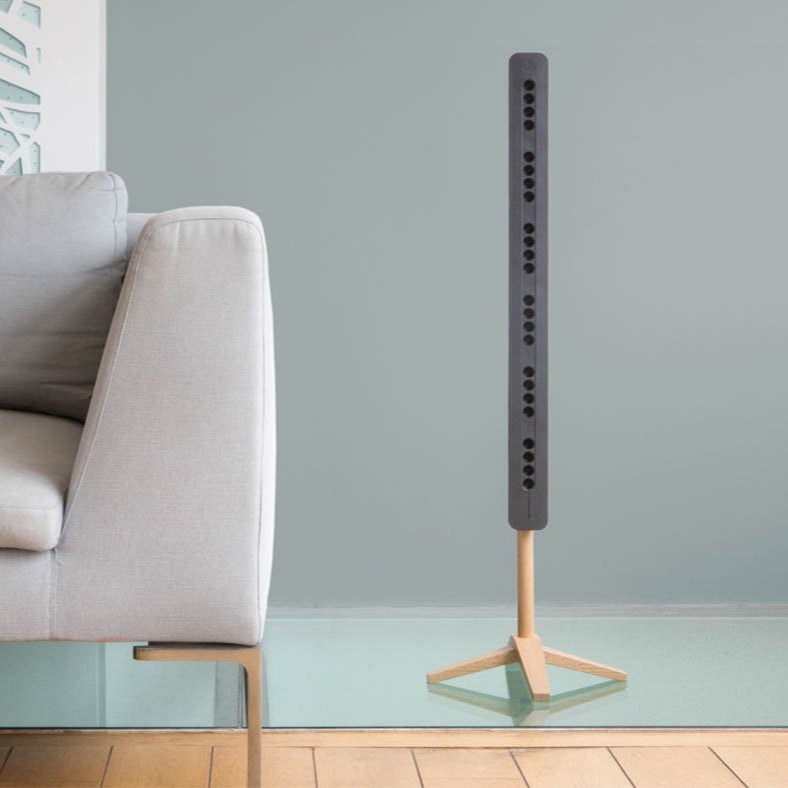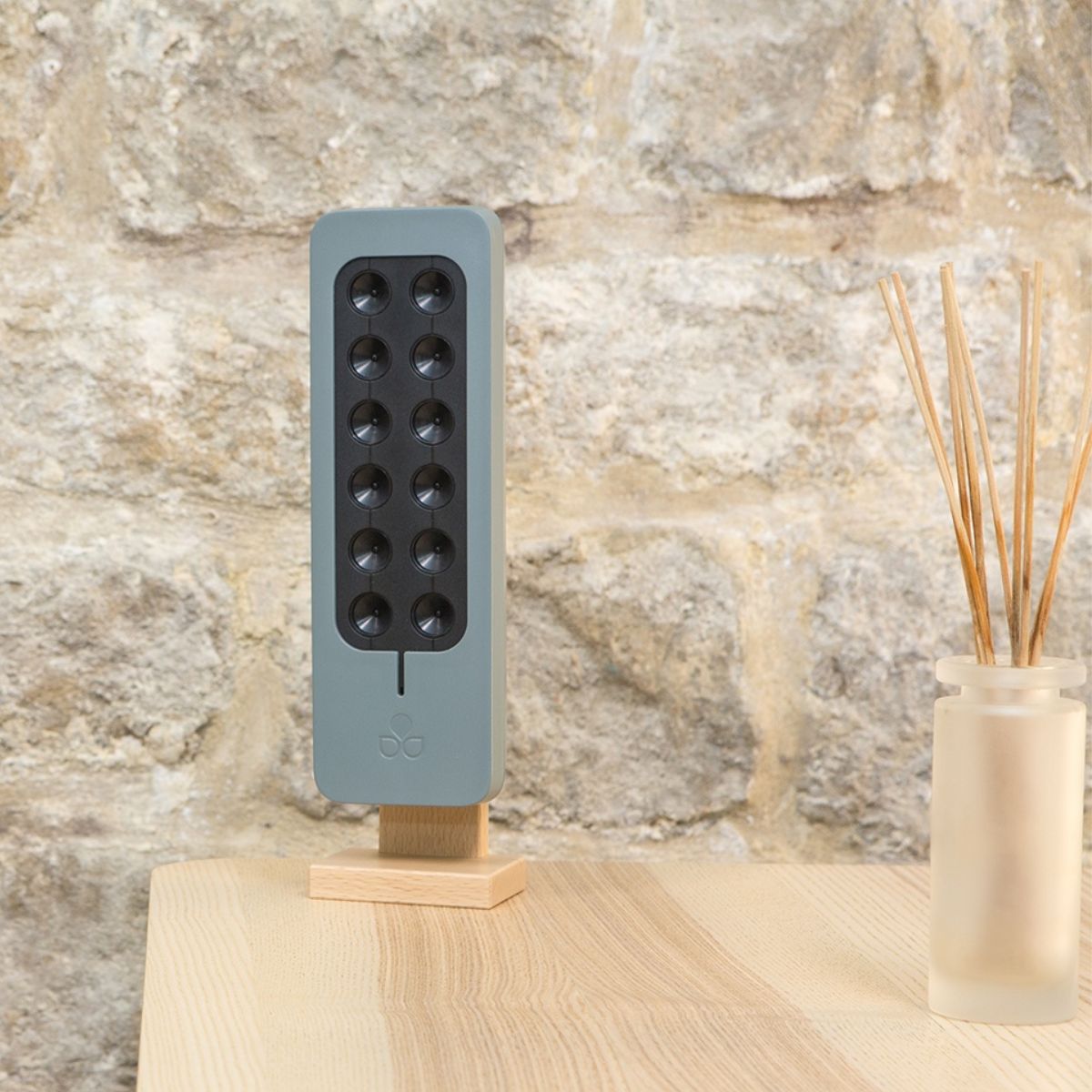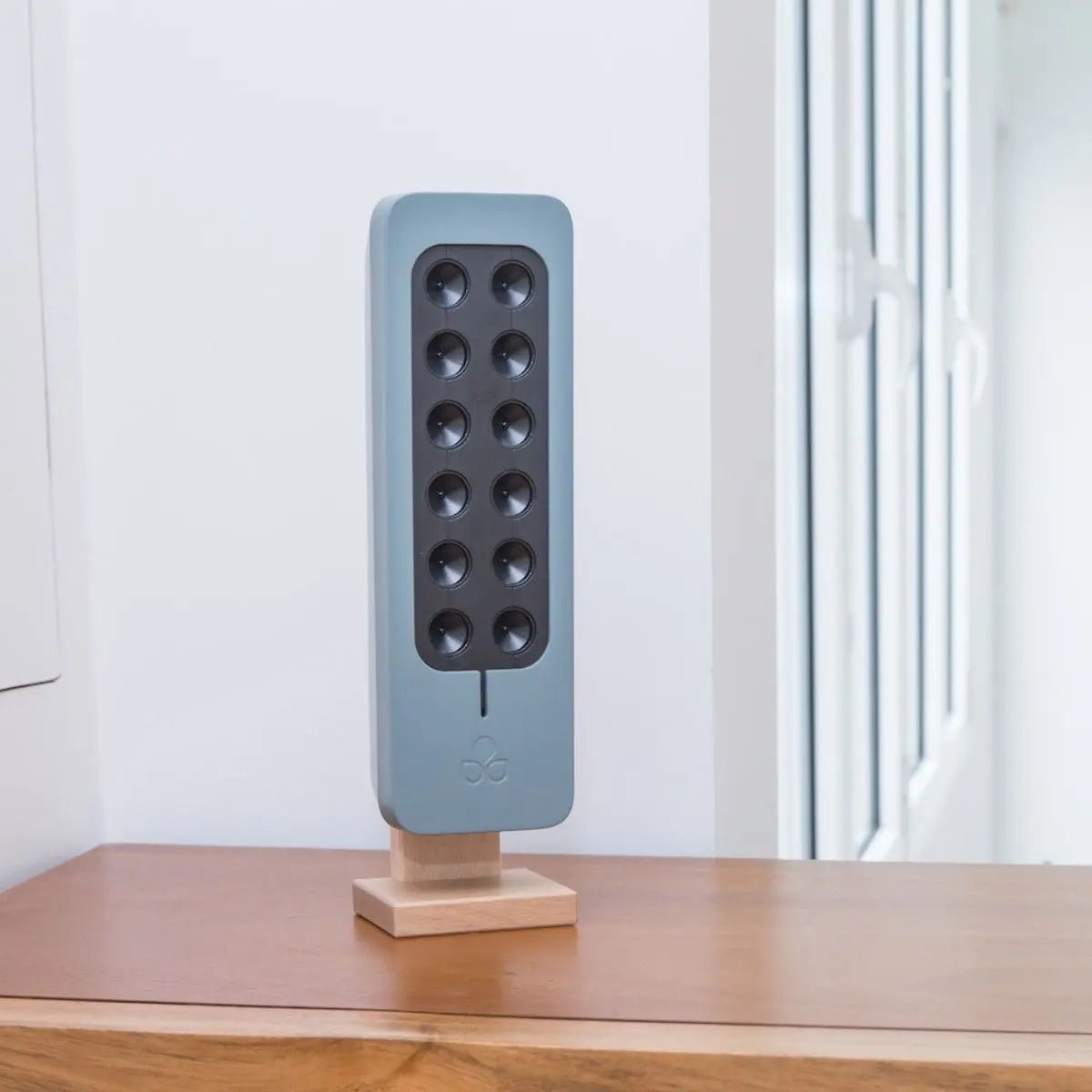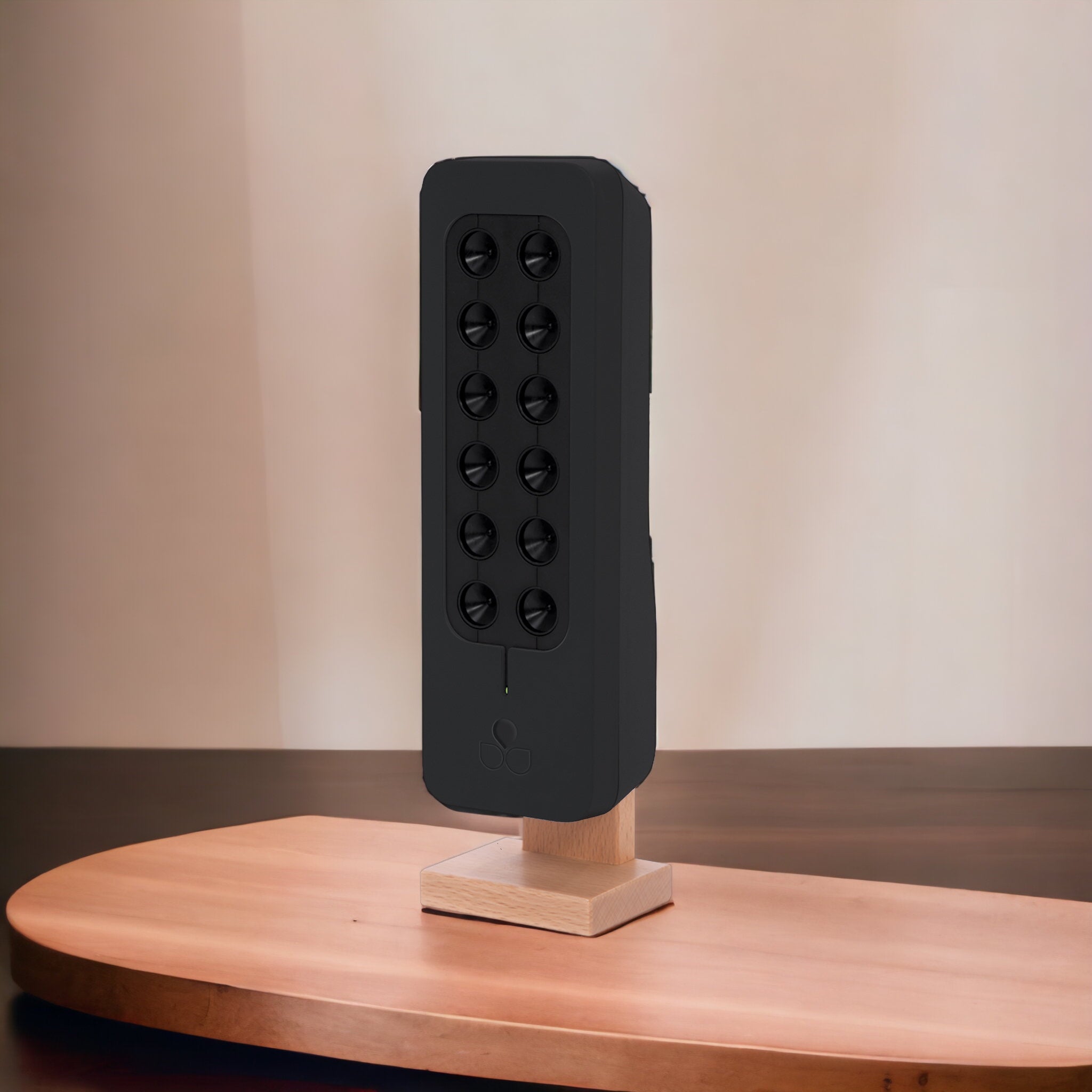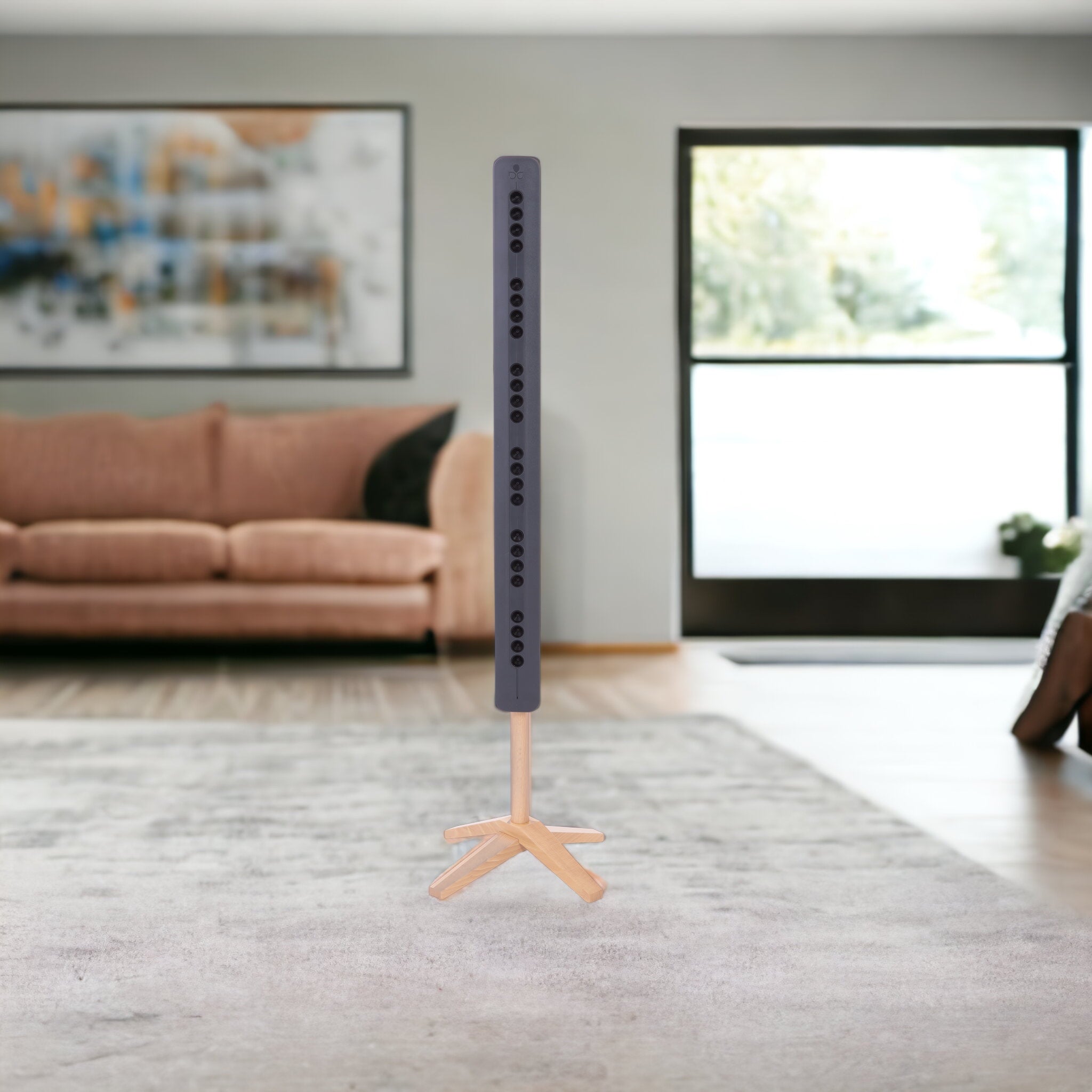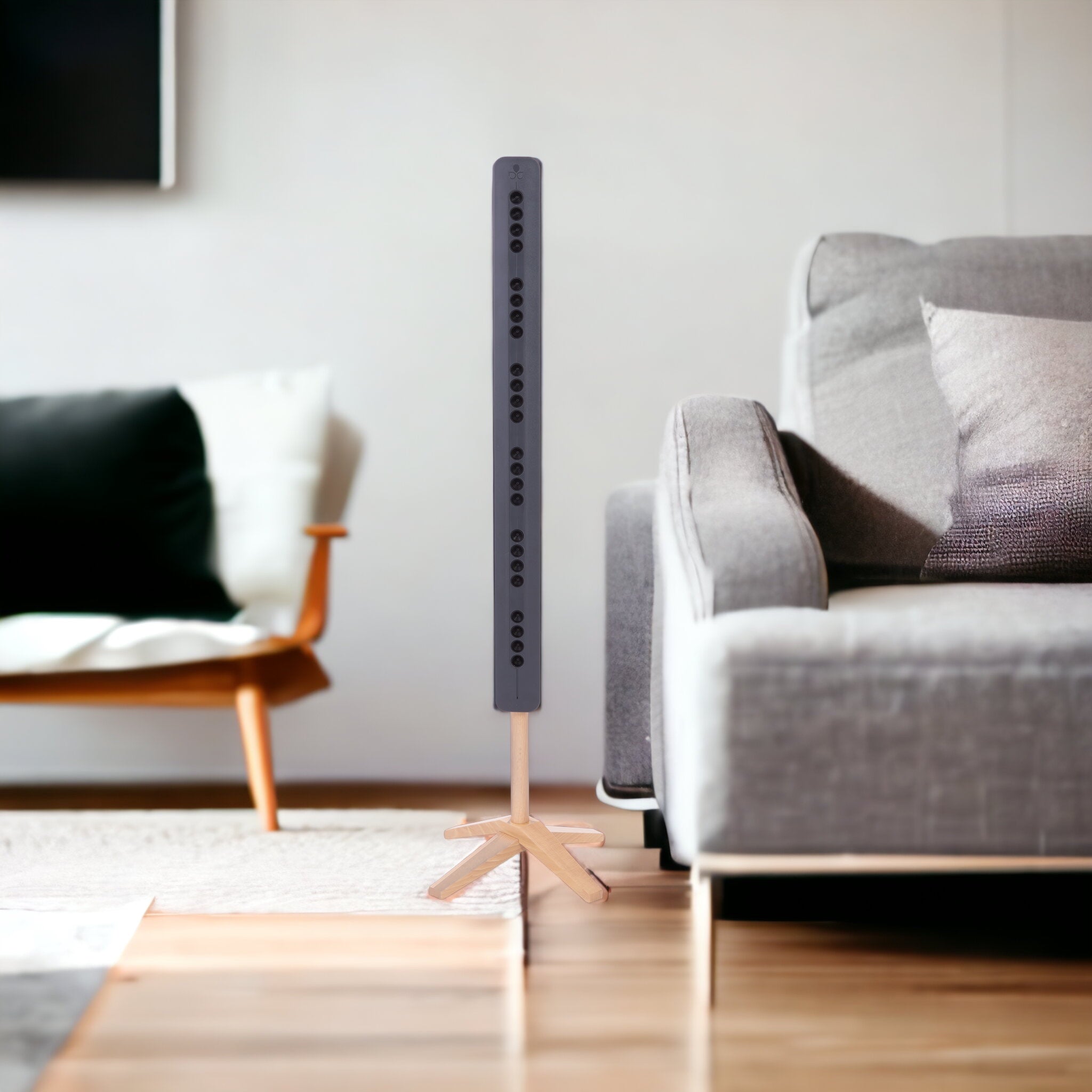"The home should be the treasure chest of living." - Le Corbusier
Our homes are our sanctuaries. They should ideally be healthy, comfortable spaces where we spend a significant portion of our lives. However, several factors can compromise the health quality of our living environment. This article will provide insights and suggestions on creating a healthier home.
The Vitality of Healthy Air
The quality of the air we breathe indoors has a profound impact on our health. It can influence everything from our energy levels to long-term respiratory health.
The Impact of Poor Indoor Air Quality
Poor indoor air quality can manifest in various health issues, from mild symptoms like headaches and lethargy to severe conditions like asthma and lung cancer1. Indoor air pollution is a silent killer, reportedly causing significant annual fatalities2. The most vulnerable to its impact are the elderly, infants, and young children due to their weaker defense systems3.
Mitigating Animal-Induced Allergies
House pets can inadvertently contribute to indoor air pollution. If you have pets and are prone to allergies, it's vital to groom your pet regularly and restrict its access to your bedroom. Regular vacuuming can help limit allergens in the form of animal hair4.
Counterproductive Measures: Scented Candles and Incense
While it might be tempting to mask unpleasant odors with scented candles or incense, such measures can be counterproductive. Certain candles and incense can emit carcinogenic toxins, contributing to indoor air pollution5. Instead, opt for odorless cleansers to maintain a fresh environment.
The Humidity Factor
Maintaining proper humidity levels is another crucial aspect of a healthy home. The indoor air should be neither too dry nor too damp.
Mold: The Unwanted Guest
Excessive humidity can encourage mold growth, negatively impacting indoor air quality6. Exposure to mold can lead to eye, nose, and throat irritation, increased asthma attacks, chronic fatigue, and headaches7.
The Mite Menace
High humidity can also encourage the proliferation of mites. These parasites thrive in humid conditions, feeding on human skin, animal hair, and mold8. Preventing humidity and high temperatures can limit their proliferation.
Ventilation: A Breath of Fresh Air
Proper ventilation is critical to maintaining indoor air quality. If your home doesn't have a mechanical ventilation system, it's important to create or maintain sufficient air circulation by regularly opening windows9.
A Serene Home: Beyond Air Quality
Creating a healthy home extends beyond air quality. It also involves creating a serene, harmonious living environment.
The Importance of Soundproofing
Unwanted noise can be a significant source of stress and fatigue, disrupting concentration, rest, and sleep10. Good insulation can help create a serene environment, especially if you live in a noisy area.
The Role of Indoor Plants
While indoor plants may not significantly impact indoor air pollution, they can add a touch of nature and harmony to your home11. Ensure they are non-allergenic and water them regularly without allowing water to stagnate.
Feng Shui: Harmonizing Your Space
Feng Shui, the ancient Chinese practice based on the flow of energy or "chi," can help create a harmonious living space12. A well-balanced home, according to Feng Shui principles, promotes health and well-being.
In conclusion, creating a healthy home involves more than just keeping it clean. It requires attention to detail and consideration of factors like air quality, humidity, ventilation, and even the energy flow within the space. By taking these factors into account, we can create a sanctuary that not only shelters us but also nurtures our health and well-being.
The article was created based on various reliable resources and aims to promote the creation of healthier living environments. The views expressed are based on research and do not constitute professional advice.
Footnotes
-
Indoor Air Quality Observatory, France ↩
-
Indoor Air Quality Observatory, France ↩
-
Indoor Air Quality Observatory, France ↩
-
Allergists' Recommendations ↩
-
Indoor Air Quality Research ↩
-
Indoor Air Quality Observatory, France ↩
-
Indoor Air Quality Observatory, France ↩
-
Indoor Air Quality Research ↩
-
Association for the Promotion of Indoor Air Quality (APQAI) ↩
-
Indoor Air Quality Research ↩
-
French research program on phyto-purification of air "Phytair" ↩
-
Feng Shui principles ↩

